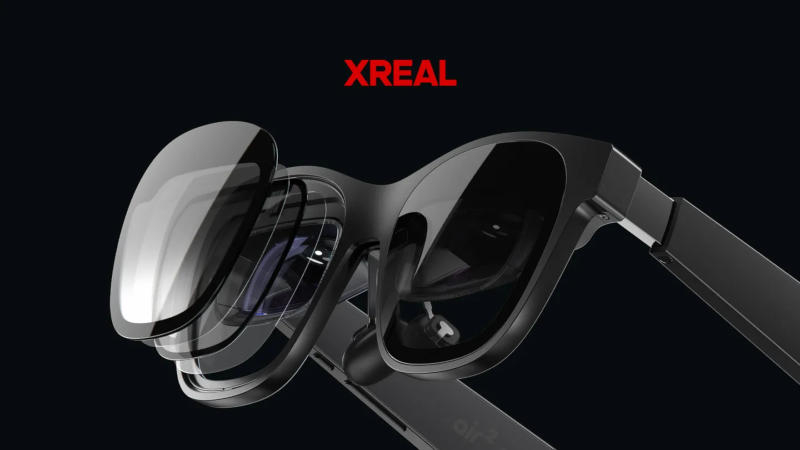Biomemory Introduces Data Storage In DNA
French startup Biomemory has introduced innovative technology that allows digital data to be stored in DNA, promising information preservation for more than a century. The company offers unique DNA Cards, about the size of a credit card, that can store a kilobyte of text data—about the size of a short email or a long tweet.
The principle of operation of the device is based on the conversion of digital information from binary code into the nucleotides that make up DNA – adenine (A), cytosine (C), guanine (G) and thymine (T), which can then be decrypted by the company when the owner wants to access your data. The proposed DNA storage is much less energy-intensive than existing storage systems, and Biomemory says its DNA card is recyclable and its manufacturing process is entirely bio-based.
The company plans to extend its data integrity guarantee to 1,000 and then 10,000 years, while also looking to increase the device’s storage capacity for larger files such as photos, documents and media.
The cost of such technology is quite high – about €1000 (about $1080) per card, and the process of encoding one kilobyte of text takes about eight hours. In addition, to read the data, it is necessary to rehydrate the DNA (the process of restoring DNA from a dry state to an aqueous solution) and sequence it (the process of determining the exact sequence of nucleotides in a DNA molecule).
Despite its high cost and difficulty in use, DNA Card technology opens up new horizons in the field of data storage.




